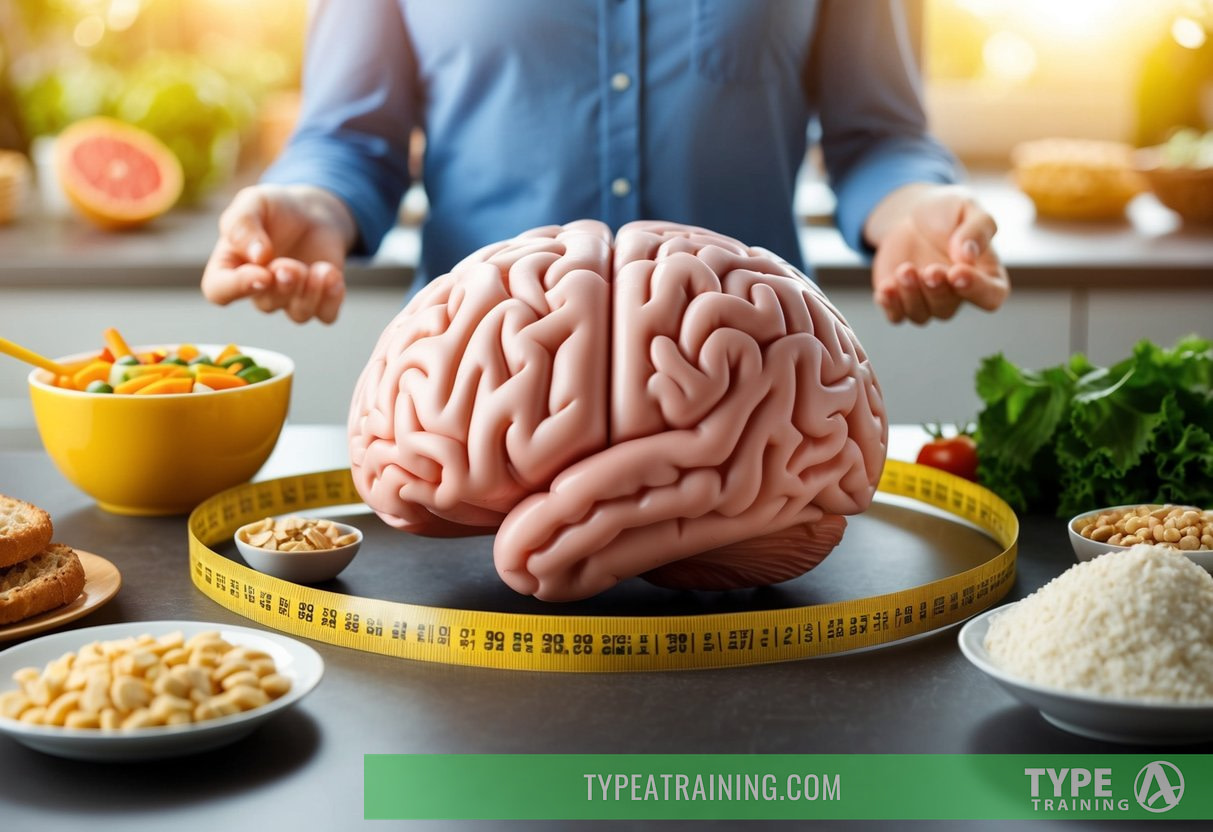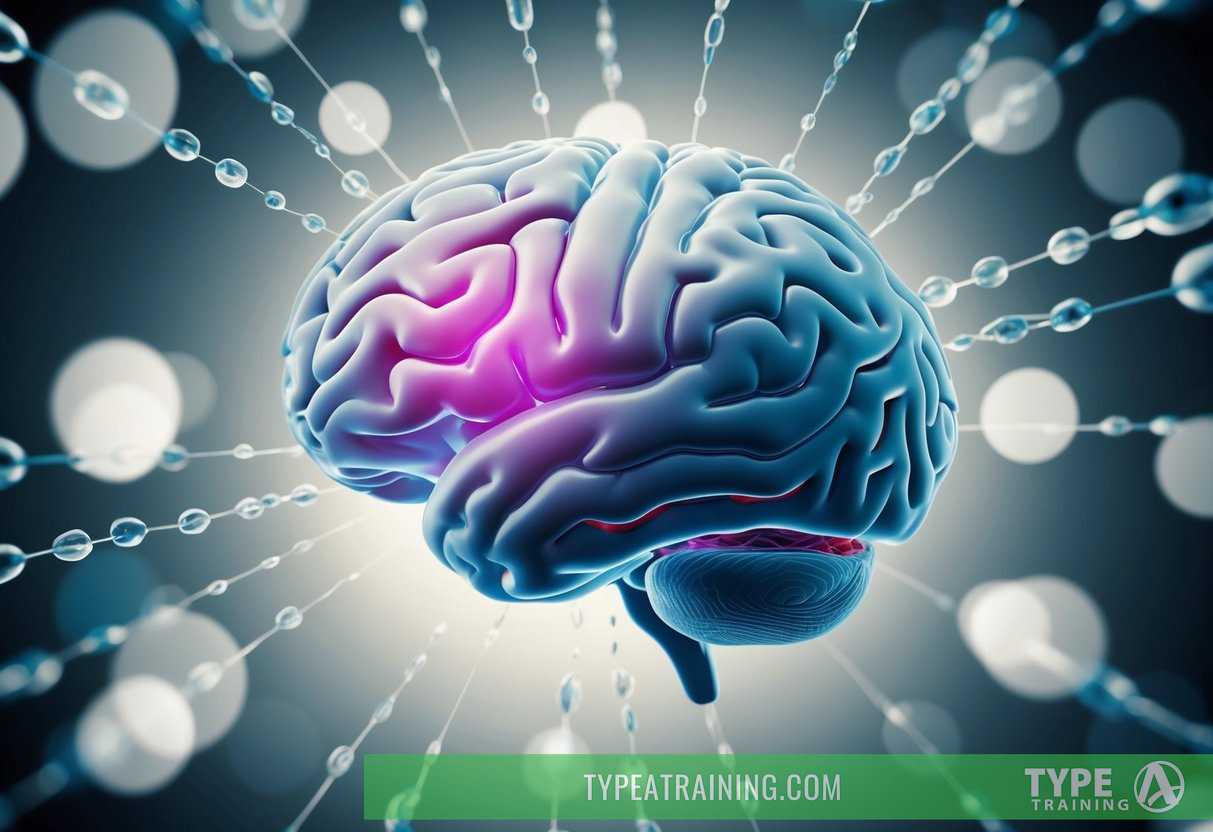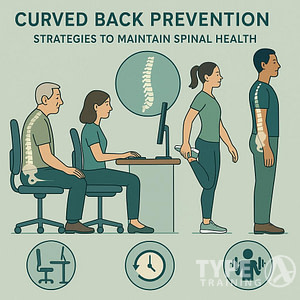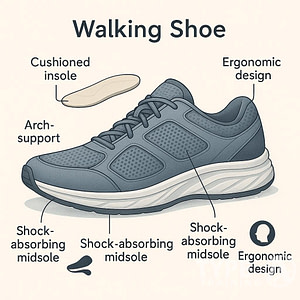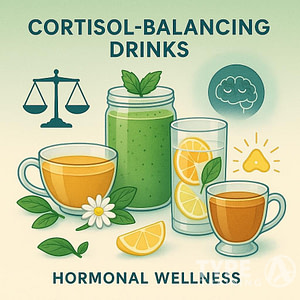Middle-age weight gain, particularly around the waist, poses significant health risks beyond the commonly known cardiovascular concerns.
Recent research indicates that excess belly fat in midlife can substantially impact your brain health and cognitive function as you age.
Research shows that Brain Risk Obesity Dementia is increasingly relevant in studies focused on cognitive health.
Studies tracking individuals over multiple decades reveal concerning connections between waist size and increased risks of various neurodegenerative conditions.
Popular posts:
Brain volume measurements in adults show that increased abdominal fat correlates with reduced brain tissue, especially in areas crucial for memory and daily cognitive tasks.
Addressing Brain Risk Obesity Dementia can lead to interventions that significantly improve memory retention.
Women face particularly notable risks, with those having waist sizes exceeding 34 inches showing markedly higher chances of developing cognitive decline compared to those maintaining healthier measurements.
Key Takeaways
- Excess belly fat in midlife correlates with reduced brain volume and cognitive function
- Large-scale studies demonstrate strong links between waist size and future dementia risk
- Making lifestyle changes during middle age can help protect your brain health
Why is Waist Size So Important?
Your waist measurement provides critical insight into potential health risks beyond what body mass index (BMI) alone can reveal.
A larger waist indicates the presence of visceral fat, which wraps around your internal organs and acts like an active organ itself.
This belly fat isn’t just a passive storage system. It actively produces hormones and triggers inflammation throughout your body.
When you carry excess fat around your midsection, it disrupts your body’s normal metabolic processes at the cellular level.
Key effects of high waist circumference:
- Elevated
blood pressure - Increased blood sugar levels
- Higher levels of blood fats (triglycerides)
- Greater inflammation throughout the body
Research shows that women over 50 with waist sizes exceeding 34 inches face a 39% higher risk of developing dementia within 15 years.
Your waist size can be a more accurate predictor of cognitive decline than BMI, particularly as you age.
To protect your brain health, maintaining a healthy waist circumference is essential.
While all excess weight can affect your health, the fat around your waist deserves special attention due to its active role in your body’s processes.
Why Body Fat Matters Most in Your Middle Years
Your brain becomes most vulnerable to the effects of excess weight during middle age. Excess belly fat in midlife can significantly impact your cognitive health and increase dementia risk.
Brain changes start becoming visible during your 40s and 50s.
While younger brains tend to look similar on scans, middle-aged brains show more variation in:
- Size and volume
- Shape differences
- Blood vessel health
- White matter integrity
Research shows that carrying extra weight in midlife correlates with lower brain volume. Your risk of cognitive decline and neurodegenerative diseases like Alzheimer’s increases when you carry excess abdominal fat during these critical years.
Women face particular risks – those with waist sizes over 34 inches after age 50 have a 39% higher chance of developing dementia within 15 years.
The study suggests a direct correlation between Brain Risk Obesity Dementia and lifestyle choices.
The relationship between weight and brain health becomes more complex in later years.
While obesity appears protective against dementia in older age, this likely stems from:
- Weight loss that often accompanies dementia progression
- Earlier mortality among those with obesity
- Muscle loss associated with cognitive decline
Your midlife years represent a crucial window when maintaining a healthy weight can help protect your future cognitive function.
How Insulin Affects Your Brain Health
Your brain needs a massive amount of blood flow – about 15-20% of your heart’s output – to function properly.
This high demand for blood means your brain relies heavily on healthy blood vessels, from major arteries down to tiny capillaries.
When you develop insulin resistance, your risk of cognitive decline increases. Your body continues producing insulin, but your cells don’t respond effectively to it. This leads to:
- Elevated blood glucose levels
- Damage to blood vessel walls
- Reduced blood flow to brain tissue
- Impaired delivery of oxygen and nutrients
The damage is particularly severe in your brain’s smallest blood vessels.
As these delicate capillaries deteriorate, certain areas of your brain may receive insufficient blood flow. This restricted circulation can lead to tissue damage over time.
Research shows that obesity contributes to brain insulin resistance, creating a dangerous cycle.
Your waist size can be a key indicator – people with larger waist measurements face higher rates of dementia diagnosis compared to those with healthy measurements.
Body Fat and Brain Inflammation
Excess visceral fat triggers a harmful cycle of chronic inflammation in your body. Unlike the temporary inflammation that helps fight infections, this persistent inflammatory state can severely impact your brain health.
Understanding Brain Risk Obesity Dementia helps in creating effective health awareness programs.
Your brain becomes vulnerable when inflammatory molecules circulate through your bloodstream. These substances can:
- Damage brain cells
- Harm blood vessels
- Promote protein accumulation
- Accelerate brain tissue loss
Brain inflammation plays a key role in cognitive decline.
When your body carries excess fat, particularly around internal organs, it creates an environment where inflammatory chemicals constantly circulate. This process can trigger changes in your brain’s structure and function.
Your risk increases if you have insulin resistance, as this condition amplifies the inflammatory response in brain tissue.
Managing Blood Pressure
Abdominal fat poses significant risks to your cardiovascular health, particularly in relation to blood pressure control.
The delicate blood vessels in your brain, which are only one cell thick, become stressed when exposed to elevated
Preventing Brain Risk Obesity Dementia through proper diet and exercise can enhance brain health.
.
Your brain’s extensive network of tiny vessels can suffer damage from the increased force and pulsing of blood flow.
Protecting Your Brain Health for Life
Early detection of cognitive decline through regular health screenings can help you take control of your brain health.
Your daily choices significantly impact your cognitive function.
A nutritious diet helps protect against neurodegenerative disorders and maintains mental sharpness.
Regular exercise reduces your risk of conditions that affect brain health:
- Heart disease
- Type 2 diabetes
- High
blood pressure - Depression and anxiety
Maintaining a healthy weight and staying physically active are powerful tools for preserving cognitive function.
How Exercise Protects Your Brain
Incorporating knowledge about Brain Risk Obesity Dementia into fitness programs can lead to better outcomes.
Regular physical activity plays a vital role in maintaining brain health as you age. You need at least 150 minutes of moderate exercise each week to support optimal brain function and reduce the risk of cognitive decline.
Weight training deserves special attention in your exercise routine. When you lift weights three times per week for 30-minute sessions, you trigger important changes in your body:
- Builds crucial muscle mass
- Improves insulin sensitivity
- Increases beneficial testosterone levels
- Reduces harmful cortisol inflammation
Your muscles respond best to consistent resistance training. Even short sessions produce meaningful benefits – you don’t need lengthy workouts to see results.
Key training tips:
- Schedule 3 weekly weight sessions
- Allow 30 minutes per workout
- Focus on proper form
- Start with manageable weights
- Gradually increase resistance
This exercise approach helps maintain healthy brain volume and reduces the risk of brain lesions as you age. Make strength training a cornerstone of your fitness routine to support long-term cognitive function.
Diet and Weight Control
Brain Risk Obesity Dementia can also be mitigated through understanding proper nutrition.
Your body composition matters more than the number on a basic scale. Since muscle weighs more than fat, focus on measuring your body fat percentage – aim to keep it under 32%. Pay attention to your waist-to-hip ratio too: women should target 0.8 while men should aim for 0.9.
Your brain needs healthy fats to function properly. Include these beneficial fats in your diet:
- Olive oil
- Avocados
- Coconut oil
- Eggs
Focus on anti-inflammatory foods:
- Leafy green vegetables
- Tomatoes
- Nuts
- Fish
Avoid foods that can harm your brain health:
- Sugar
- Refined carbohydrates
These harmful foods can spike your glucose levels and increase insulin resistance. Instead, build your meals around brain-healthy proteins, fats and complex carbohydrates to maintain optimal cognitive function and a healthy weight.
Midlife obesity increases your risk of cognitive decline by up to 90% compared to maintaining a healthy weight. A large waistline, even at normal weight, may raise dementia risk.
Awareness of Brain Risk Obesity Dementia is crucial for preventive health measures.
Sleep and Stress Management
Understanding the Connection Between Brain Risk Obesity Dementia
Your brain needs quality sleep to function properly. Each night during sleep, your brain processes daily information, consolidates memories, eliminates toxins, and repairs essential tissues. When you don’t get enough rest, you risk developing insulin resistance and accumulating harmful substances in your brain.
The connection between Brain Risk Obesity Dementia and sleep patterns is significant for cognitive health.
Managing stress plays a crucial role in brain health. High cortisol levels can trigger:
- Increased inflammation
- Insulin resistance
- Weight gain
You can reduce stress through:
- Yoga sessions
- Daily meditation
- Mindfulness practices
- Building positive friendships
Maintaining strong social connections stimulates your brain’s attention and memory systems while strengthening neural pathways. Make time to connect with others regularly through meaningful interactions and activities.
Can Weight Loss Drugs Boost Brain Health?
Weight loss medications show promising effects beyond their primary purpose of reducing body fat. These drugs appear to benefit brain health through two key mechanisms:
- Direct Brain Impact
- Interact with brain receptors
- Improve blood vessel function
- Reduce inflammation
- Indirect Benefits
- Combat obesity-related risks
- Help prevent insulin resistance
- Support overall cognitive function
Recent clinical findings demonstrate significant cognitive improvements in patients using these medications. Veterans receiving similar treatments experienced notable reductions in dementia risk, while clinical trials with specific weight loss drugs showed marked improvements in cognitive function compared to placebos.
Your brain health can benefit from these medications through their ability to reduce inflammation and improve brain function. The medications help protect your blood vessels and support better brain circulation, which may lead to improved cognitive performance.
While these initial results are encouraging, you should maintain realistic expectations as researchers continue studying the long-term effects of these medications on brain health.
Ongoing research on Brain Risk Obesity Dementia may provide insights into effective treatment strategies.
Common Questions About Brain Health and Body Weight
What Increases Your Risk of Getting Memory Loss?
Age plays a primary role in cognitive decline. Research shows that excess fat around the midsection, genetics, high
-
- Smoking and excessive alcohol consumption
- Limited physical activity
- Poor sleep quality
Identifying risks associated with Brain Risk Obesity Dementia can help tailor preventive efforts.
- Untreated depression
- Social isolation
How Does Extra Weight Affect Your Brain?
Your brain health faces greater challenges when carrying excess weight. Studies indicate that being overweight in middle age increases dementia risk by 33%, while obesity raises it by 90%. Extra fat tissue:
-
- Creates inflammation throughout your body
- Affects blood flow to your brain
Implementing strategies to combat Brain Risk Obesity Dementia is essential for long-term health.
- May alter brain structure
- Increases insulin resistance
Will Losing Belly Fat Help Protect Your Brain?
Reducing your waist size can improve brain function. Research indicates that maintaining a healthy waist circumference supports cognitive health. Target measurements:
Women: Below 34.6 inches
Men: Below 35.5 inches
What Brain Changes Should You Watch For?
Educating the public about Brain Risk Obesity Dementia can lead to improved health literacy.
Early warning signs of cognitive decline include:
-
- Difficulty with familiar tasks
- Problems finding the right words
- Misplacing items frequently
- Changes in mood or personality
- Getting lost in familiar places
Addressing Brain Risk Obesity Dementia should be a priority for public health organizations.
- Trouble with planning or organization
How Do You Check Your BMI?
Calculate your BMI using this formula:
BMI = (weight in kg) ÷ (height in meters)²
BMI Categories:
-
- Underweight: < 18.5
Awareness of Brain Risk Obesity Dementia can motivate individuals to maintain a healthy lifestyle.
- Normal: 18.5-24.9
- Overweight: 25-29.9
- Obese: ≥ 30
What Steps Reduce Harmful Belly Fat?
To decrease visceral fat:
-
- Choose complex carbohydrates over refined sugars
Taking proactive steps against Brain Risk Obesity Dementia can significantly improve quality of life.
-
- Exercise 150 minutes weekly
- Get 7-9 hours of sleep nightly
- Practice stress management
- Limit alcohol intake
- Increase protein and fiber intake
- Stay hydrated throughout the day
Everyone must contribute to the conversation surrounding Brain Risk Obesity Dementia to effect change.
To summarize, tackling Brain Risk Obesity Dementia is vital for the well-being of future generations.
Our collective understanding of Brain Risk Obesity Dementia must drive future health policies.
As public awareness rises, Brain Risk Obesity Dementia will hopefully receive the attention it deserves.
In light of recent studies, Brain Risk Obesity Dementia remains a critical area of focus.
Every individual’s awareness of Brain Risk Obesity Dementia is a step toward healthier communities.
Ultimately, the dialogue around Brain Risk Obesity Dementia should continue to evolve.
By focusing on Brain Risk Obesity Dementia, we can foster better health outcomes across demographics.
Future studies on Brain Risk Obesity Dementia will be crucial for advancing our knowledge in this area.
In conclusion, the importance of understanding Brain Risk Obesity Dementia cannot be overstated.
Overall, tackling Brain Risk Obesity Dementia requires a comprehensive approach to health management.

